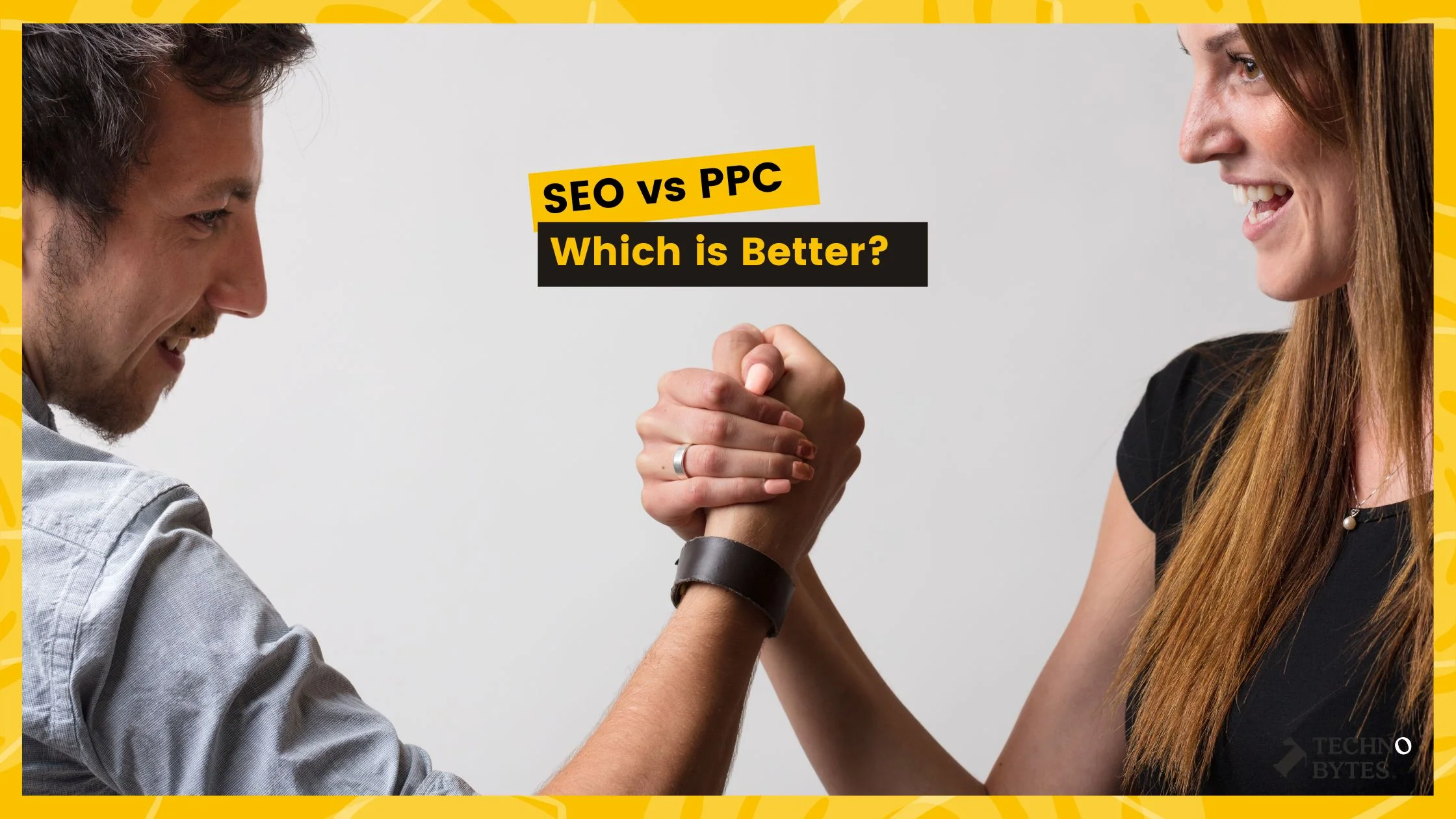
When it comes to boosting your online presence, you might be wondering whether to focus on Search Engine Optimization (SEO) or Pay-Per-Click (PPC) advertising. Both have their strengths and can help drive traffic to your website, but which is better for your business? Let’s break down the differences to help you decide.
In this blog, we'll delve into the key differences between SEO and PPC, examining their advantages and limitations to help you determine which might be better for your business.
Understanding SEO
Search Engine Optimization (SEO) is the process of improving your website's visibility in search engine results like Google. By optimizing various aspects of your site, such as content, structure, and backlinks, SEO helps to improve your rankings for relevant keywords and phrases.
Here’s what it involves:
Keyword Research and On-Page Optimization: SEO starts with finding the right words people use to search for your products or services and using them in your website content. Once these keywords are selected, they are strategically incorporated into your website’s content, meta descriptions, titles, and headers to increase relevance.
Technical SEO: This involves optimizing the technical aspects of your website, such as site speed, mobile-friendliness, and proper indexing, to ensure that search engines can easily crawl and understand your content.
Content Creation: Create useful and relevant content that answers questions or solves problems for your audience. Regularly updated and informative content can attract more visitors and encourage them to stay longer on your site.
Link Building: This includes getting other reputable websites to link to your site. These signals to search engines that your site is trustworthy and authoritative, which can boost your rankings.
Pros of SEO:
Cost-Effective: Initial costs might be high, but once you rank well, maintaining those rankings is cheaper compared to PPC.
Credibility and Trust: People often trust organic search results more than ads. So high search rankings can enhance your brand’s credibility.
Sustainable Results: Good SEO practices can provide long-lasting benefits. Even if you stop investing in SEO, your site may continue to attract traffic and generate leads.
Cons of SEO:
Time-Consuming: It can take months to see significant results. It requires consistent effort and ongoing optimization.
Uncertain Outcomes: SEO results are not guaranteed, and search engines frequently update their algorithms, which can affect your rankings.
Understanding PPC
Pay-per-click (PPC) advertising involves placing ads on search engines and paying each time someone clicks on them. The most common platform for PPC is Google Ads, but other search engines and social media platforms also offer PPC options.
Here’s what you need to know:
Keyword Targeting: Like SEO, PPC relies on targeting keywords. You choose keywords to target, and your ads appear when people search for those terms based on your bids.
Ad Creative: PPC ads need compelling ad creative and strong calls to grab attention and persuade people to click. Make sure the ad creative is aligned with your target audience’s needs and preferences.
Bid Management: Advertisers set bids for keywords, and the higher bids often get better ad positions. Bid strategies can be adjusted based on performance and budget.
Landing Pages: Effective PPC campaigns direct users to optimized landing pages designed to encourage visitors to take action, like making a purchase. These pages should be relevant to the ad and provide a clear path to action.
Pros of PPC:
Immediate Results: You can start getting visitors almost immediately after launching your campaign. This is ideal for time-sensitive promotions or new product launches.
Highly Targeted: PPC allows for precise targeting based on keywords, demographics, location, and user behaviour, which can enhance the effectiveness of your campaigns.
Measurable ROI: PPC campaigns provide detailed analytics through a dashboard, where you can see exactly how well your ads are performing and adjust as needed.
Cons of PPC:
Costs Can Add Up: Depending on the competitiveness of your keywords, PPC can become expensive. You'll have to pay as long as you run your campaign, which can be a concern for smaller budgets.
Short-Term Gains: When you stop investing in PPC, the traffic and leads generated by the ads will stop immediately. Unlike SEO, there is no lasting benefit without continued spending.
Which is Better?
Choosing between SEO and PPC depends on your business goals, budget, and timeline. Like, SEO is best for long-term and stable growth that builds your brand’s credibility and offers continuous results. Whenever PPC offers immediate results it helps you to get maximum benefits in a specific time.
For many businesses, using both SEO and PPC together can be the best strategy. PPC can drive immediate traffic and complement your SEO efforts. By balancing both, you can maximize your online visibility and achieve better results.
